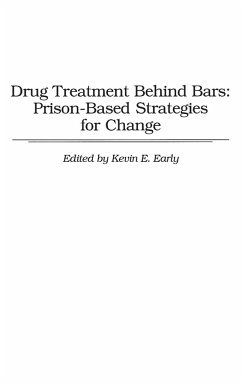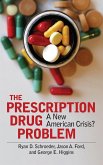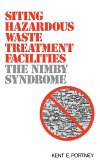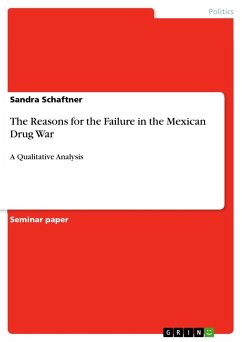In the last 15 years, the prison population in the U.S. increased by more than 188 percent. The increase has been fueled largely by increases in the number of individuals convicted of drug-related offenses. These offenders constitute a disproportionate number of recidivists who, in turn, are responsible for a relatively large proportion of criminal activity in our society. The vast majority of these offenders were arrested for committing violent crimes, and most of the offenders are poor, unemployed, uneducated, come from dysfunctional families, and are African-American. Contrary to public opinion, many of these offenders are tired of their revolving door relationship with the police, courts, and correctional institutions. However, without appropriate social and therapeutic support, there is little hope of altering their behavior. This volume seeks to address specific issues relevant to prisons in America and includes contributions by practitioners in the field of prison-based drug treatment and therapy programs. The work is an important contribution to the literature examining the extent to which rehabilitation (i.e., prison-based drug treatment programs) has effectively reduced recidivism, drug relapse, and violent crime in our society.
Hinweis: Dieser Artikel kann nur an eine deutsche Lieferadresse ausgeliefert werden.
Hinweis: Dieser Artikel kann nur an eine deutsche Lieferadresse ausgeliefert werden.








